Travel Tips: 10 Great Thai Products I Swear By
Since 1998 I’ve been in and out of Thailand so many times I can’t even count them any more. From 1998 to 2004, Bangkok was my ‘home base’ as I traveled around SE Asia and beyond. I’ve cycled southern Thailand’s entire east and west coasts as well as other sections of the country. From 2004 to 2008 I studied then taught scuba diving at Tonsai Beach, Krabi, living there 5-6 months per year during the high season.
Because I’ve spent so much time in Thailand and especially since I’ve been involved in so many outdoor activities and sports, I’ve found several excellent Thai products that I’ve come to ‘swear by’. Most are medical and food products. All are exclusively Thai-made goods that are not sold outside the country. I haven’t found products equal to these anywhere else in the world, including Thailand’s neighboring countries in SE Asia.
Therefore, whenever I’m in Thailand I quickly stock up on each of these to use while I’m there. Before I leave the country I also make a point of stocking up on extras to tide me over during my travels outside Thailand until I return. That’s how great they are.
I highly recommend all of these Thai products to anyone who passes through Thailand. Like I said, you won’t find comparable versions anywhere else in the world, at least not that I’ve seen so far.
Medical supplies:
1. Tensoplast band-aids
(also now called neoplast) (aka ‘plasters’ for Brits and Australians)
I’m convinced that Tensoplast are the very best band-aids in the whole world. They have super stick-ability. They won’t come off no matter what, until you peel them off yourself. They hold up through swimming, snorkeling, scuba diving; through dirt and grime; through heavy trekking and camping. Those dang things just cling on!
cost: 11 TB for one strip of 5 band-aids / $0.30 US
Where to buy: local and some upscale pharmacies, some 7-11s and small shops
2. Anticil – antiacid tablets
These are the least expensive and best tasting anti-acid tablets I’ve found anywhere in the world. (Although I do love the flavor of Tums from the USA). Other SE Asian countries do have anti-acid tablets that are basically comparable to anticil, but they cost 2-3 times more and generally don’t taste very good.
Cost: 6 TB for one strip of 10 tablets / ~ $0.20 US
dosage: take 1 tablet for mild acidic stomach, 2 if that doesn’t work
Where to buy: local and upscale pharmacies, some 7-11s and local shops
3. Oreda – powdered electrolyte solution
Whenever you sweat, be it from sports, heavy exertion or tropical heat, your body loses not only water but also glucose, salt and electrolytes. It’s important to replace those to avoid dehydration and retain optimal body functioning. In the tropics, especially if you’re doing sports or strenuous activity, you sweat a lot more than in temperate climates. It’s even more essential to replace your electrolytes.
Since I’m so active, I make sure I drink electrolyte solution every day in additon to water. Plain water – or mineral water – just isn’t enough. Electrolytes make a huge difference in my energy level and brain alertness.
I have my favorite electrolytes in each country I visit. But the very best of them all is Oreeda. It’s by far the tastiest and the least expensive.
(Other examples of electrolytes are Gatorade)
BTW – This is the same thing used to replace body fluids whenever suffering from diarrhea or vomiting when sick. So Oreeda potentially has another beneficial use. :)
cost: 8 TB / ~ $0.30 US per large pack, good for 2 L of water
* be sure to get the large 8 B packet, not the small one. The small 3-5 B packet is only good for one 8 oz glass of water, making it much more expensive.
where to buy: local and upscale pharmacies. It’s getting harder and harder to find the large 8 B pack, but with persistence you can still find it.
dosage: pour into a glass or bottle of water to taste. If it’s too concentrated, it’s a bit hard to stomach with it’s slightly salty flavor.
4. White stomach medicine
I don’t know the name of this product and it’s only written in Thai. You can easily recognize it by it’s chalky white color, sold in small plastic bottles. Or ask any Thai or pharmacist what to take for a stomach ache.
It’s the equivalent of Peptobismal in the USA, and actually tastes pretty similar. It’s just lacking the bright pink color. Lol. The Thai version has a strong minty flavor. Essentially, it coats the stomach. It works amazingly well to relieve nausea or stomach upset.
Cost:
small bottle 13-20 TB / $0.45-0.65 US
large bottle 35-40 TB / $1.10-1.30 US
Dosage: drink one entire small bottle at once. Or 1/3 – ½ of a large bottle
Where to buy: local pharmacies and shops, some 7-11s
5. Chinese Thai sore throat balls
These are the least expensive sore throat medicine I’ve found anywhere in the world and they work really well to relieve sore throats. They have an herbal flavor which I particularly like. Most people I’ve given a sample to think they taste very strange, so it’s probably an acquired taste. With about 100 balls in a bottle, they last a long time. They come in three color-coded flavors, but they all taste nearly identical.
cost: 10-15 TB / $0.30.-0.50 US
dosage: roll one or two balls round in your mouth whenever you have a sore throat.
Where to buy: 7-11, some local pharmacies and shops
Food Products:
Thailand’s 7-11s sell a surprising variety of tasty healthy foods and snacks that are produced and sold only in the Royal Kingdom. Take advantage of these great treats when you visit. *note – I’ve only ever found the following products at 7-11s in Thailand.
6. Dried fruits
Thailand’s 7-11s sell a huge assortment of dried fruits in small packets, including mango, guava, banana and tamarind among others. Most of these dried fruits are offered in several different flavorings such as sweet/sour, spicy and salty. My own personal favorites are the sweet/sour/spicy tamarind and mango. And recently I noticed some new ones: dried berries, strawberries and dates.
This year I also discovered several freeze dried fruits: jackfruit, banana, apricot and peach, that are equally tasty and nutritious.
Cost:
dried fruits: 14-20 B per pack / $0.50-0.65 US
freeze-dried fruits: 15-25 B per pack / $0.50-0.85 US
8. Nori – aka dried seaweed sheets
I just discovered these tasty nori snacks this year at 7-11. No doubt the idea originated from Japan, seeing as how ‘nori’ is the Japanese name for this type of seaweed, which has been eaten in Japan for generations. Nori is an excellent source of several important minerals, including calcium. Besides that, it’s very tasty, at least after you get used to the flavor.
The Thai versions of nori are sold in several flavors, in various sizes and either dried or fried.
Cost: prices range from 5 B to 40 B
7. Pumpkin seeds and Sunflower seeds
Three varieties of delicious seed snacks are sold at 7-11: pumpkin, sunflower and honey-roasted sunflower seeds. I love to eat them for breakfast, but they also make great snacks anytime during the day. With about 200 calories per pack, they can give a good burst of energy between meals.
Cost:
Pumpkin: 18 B / ~$0.60 US
Sunflower: 10 B / $0.35 US
Honey-roasted sunflower: 12 B / $0.40 US
Toiletries:
9. Parrot Soap
This is my favorite soap in Thailand. It smells great, lathers well, lasts a long time and is also the least expensive soap around. What more could you ask for in a bar of soap?
Parrot soap comes in several color-coded fragrances. I prefer the green one.
Cost: 13 B / < $0.50 US
Where to buy: 7-11, small shops, grocery stores, some pharmacies
10. Silicon earplugs
I’ve always found it difficult to get earplugs that fit correctly inside my small ear canals and really block out noise. Sponge and foam earplugs just don’t work at all for me. So I was thrilled when I discovered silicon earplugs in Thailand one year long ago.
They’re perfect. They can be pulled into smaller sizes and molded to any size & shape to fit inside the ear canals. I can really fit them inside my small ear canals, where they almost completely block out any noise. These silicon earplugs have given me many nights of sound sleep where I probably wouldn’t have been able to sleep without them. I also sometimes use them in noisy daytime situations, such as crowded buses and places with screaming children, loud music or TVs.
Cost: 150-200 B / $5-6 US
Where to buy: hit or miss at local pharmacies and upscale pharmacies like Watson’s and Boots
(I recently found these earplugs in a Watson’s in Malaysia, to my great relief. Now there’s a second country to stock up on these amazing ear plugs.)
—————————————————————————————————————————–
QUESTIONS:
Have you tried any of these great Thai products? If so, what did you think?
Can you recommend any other Thai products?
Do you know any other countries that have amazing local products you can’t buy elsewhere?
——————————————————————————————————————————–


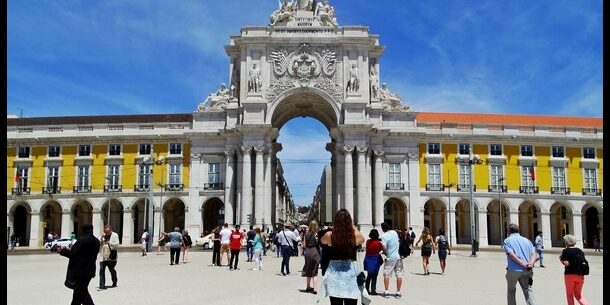

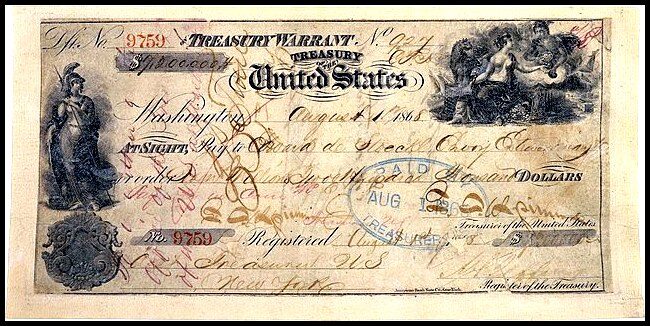
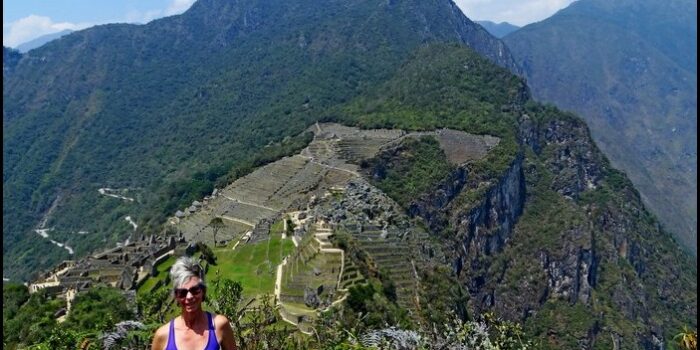
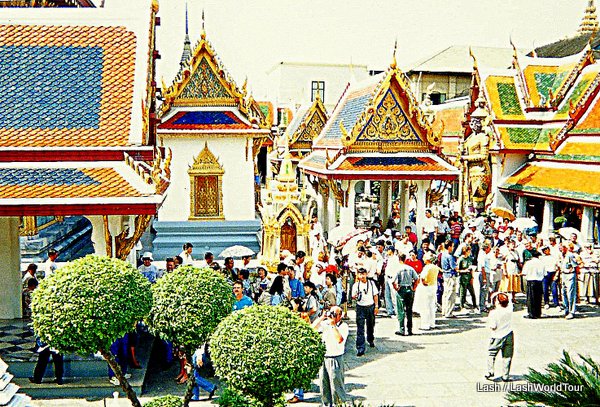
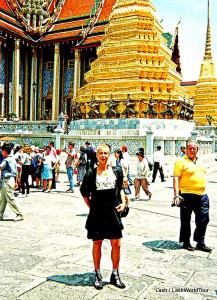
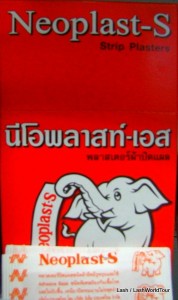
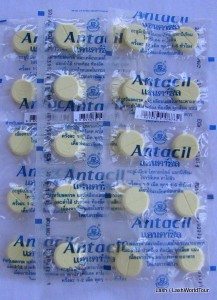
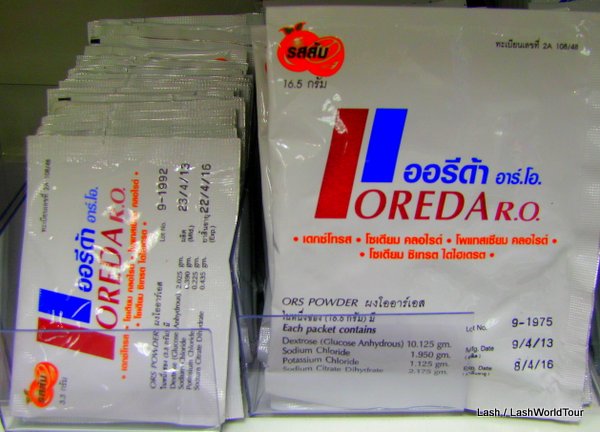
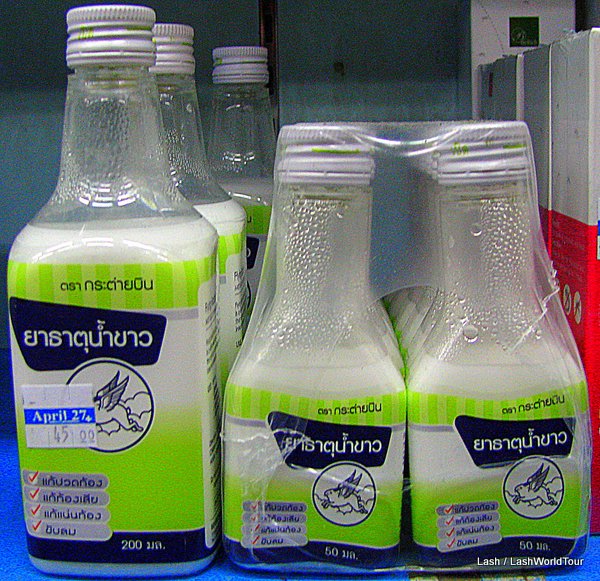
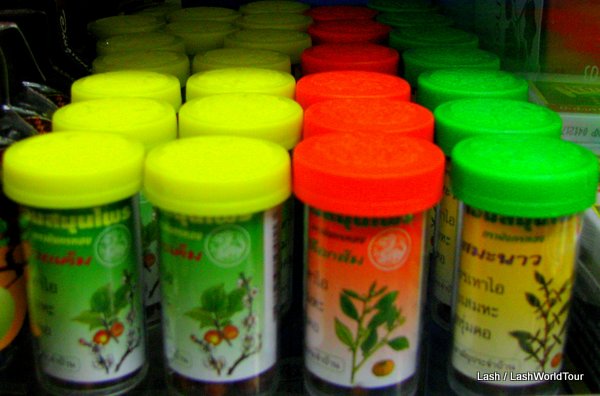
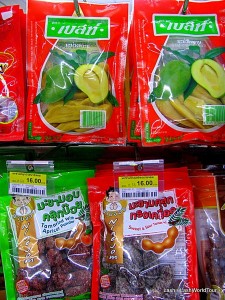
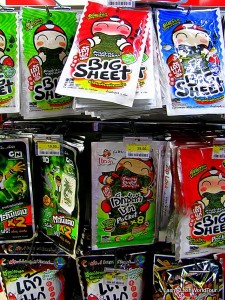
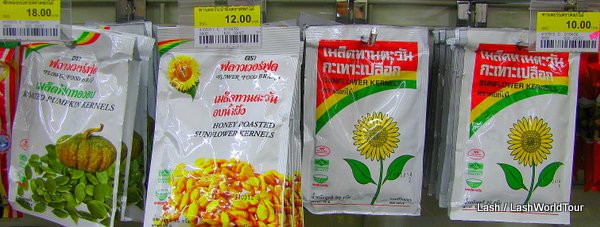
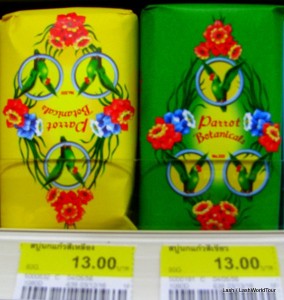
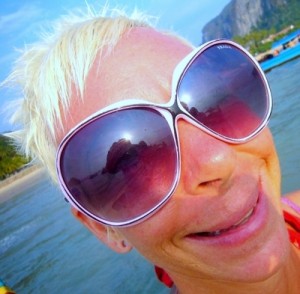
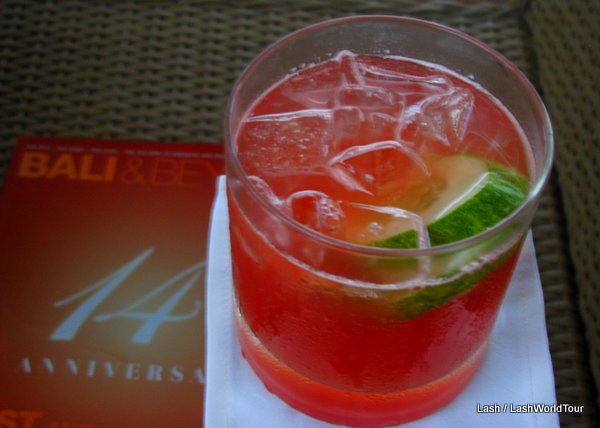


 Hi! I'm Lash, an American nomadic world traveler who's been traveling solo since 1998. I’m passionate about traveling the world nomadically and then sharing it all with you. I hope to inspire you to travel the world, to entertain you with tales from the road, and to help you reach your travel dreams. Welcome!
Hi! I'm Lash, an American nomadic world traveler who's been traveling solo since 1998. I’m passionate about traveling the world nomadically and then sharing it all with you. I hope to inspire you to travel the world, to entertain you with tales from the road, and to help you reach your travel dreams. Welcome! 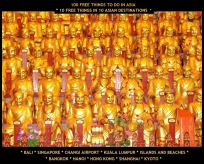


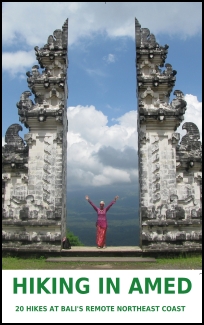
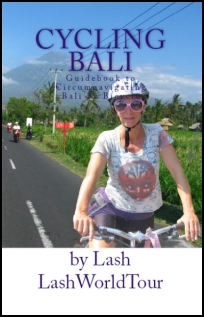
25 pings
Skip to comment form ↓